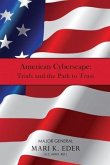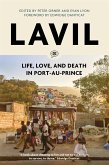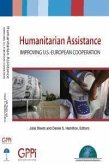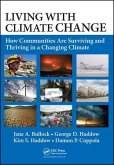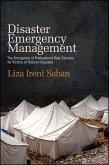More than four decades have passed since the end of Khmer Rouge rule in Cambodia in 1979. Even so, the country is still coming to terms with the destruction wrought in the decade when the Khmer Rouge won and held power and, thereafter, during their guerrilla resistance to the new regime in Phnom Penh until 1998. The Khmer Rouge Tribunal (or Extraordinary Chambers in the Court of Cambodia, ECCC), established in 2006 to bring the Khmer Rouge leadership to justice, has long been the focus of scholarly attention in Cambodia's recovery. In many ways a product of the 1990s, a time when liberal democracy appeared to be on the rise both in Cambodia and internationally, the ECCC was imagined as a 'Transitional Justice' initiative - while delivering justice it should also ease the transition to liberal democracy. This compelling study argues that approach is dated. The political circumstances in which the ECCC was born have changed profoundly, both globally and locally. No longer can Cambodia's current situation be analysed solely in terms of transitional justice narratives or the work of the ECCC. Other ways in which Cambodians have come to terms with their past, and built new lives, must also be considered. Decentering the ECCC in the scholarly narrative of Cambodia's recovery, the volume's authors offer fascinating new insights into the Khmer Rouge period and more recent years of social, cultural and political change in Cambodia.
Hinweis: Dieser Artikel kann nur an eine deutsche Lieferadresse ausgeliefert werden.
Hinweis: Dieser Artikel kann nur an eine deutsche Lieferadresse ausgeliefert werden.


